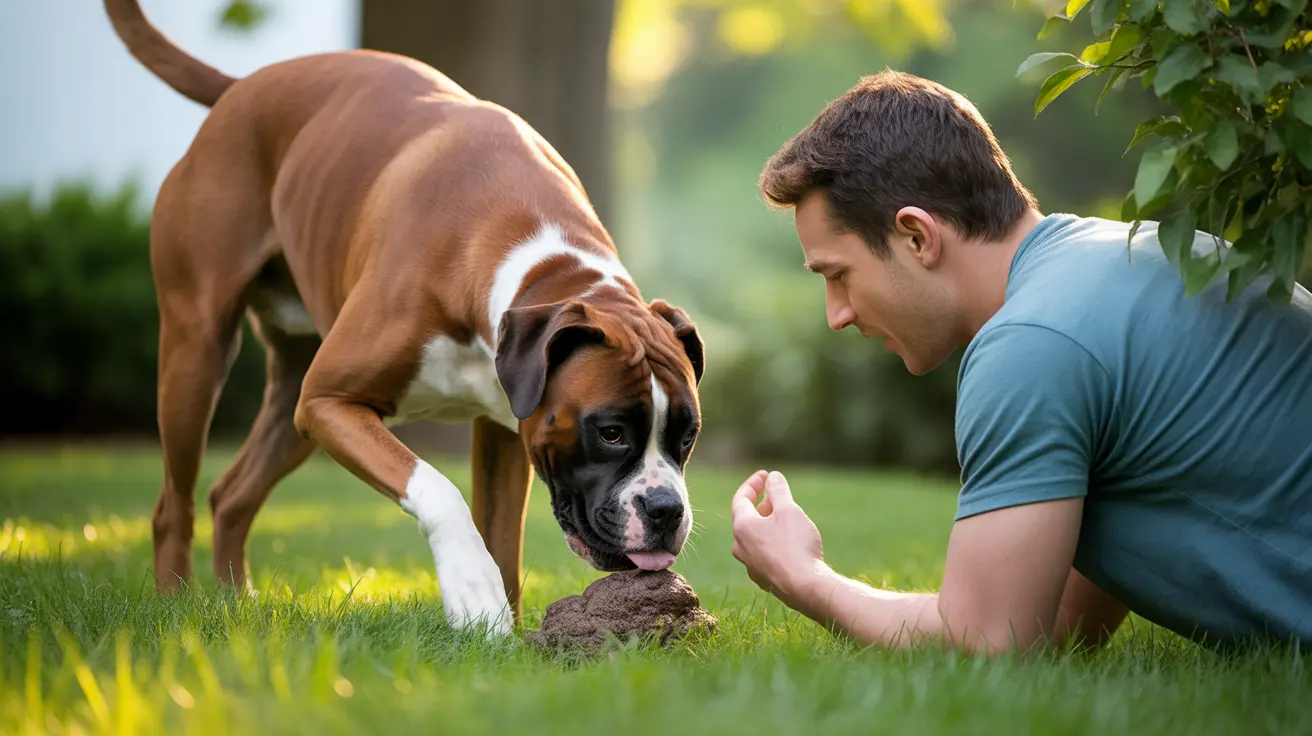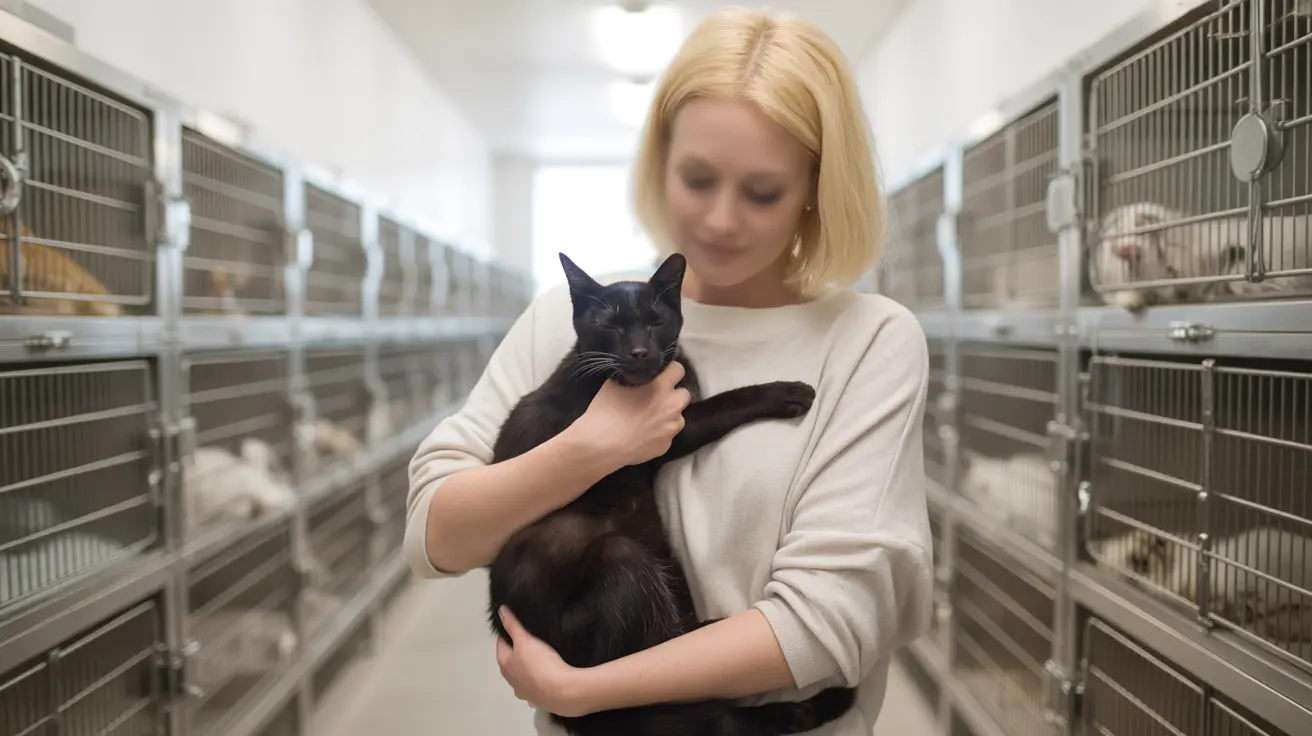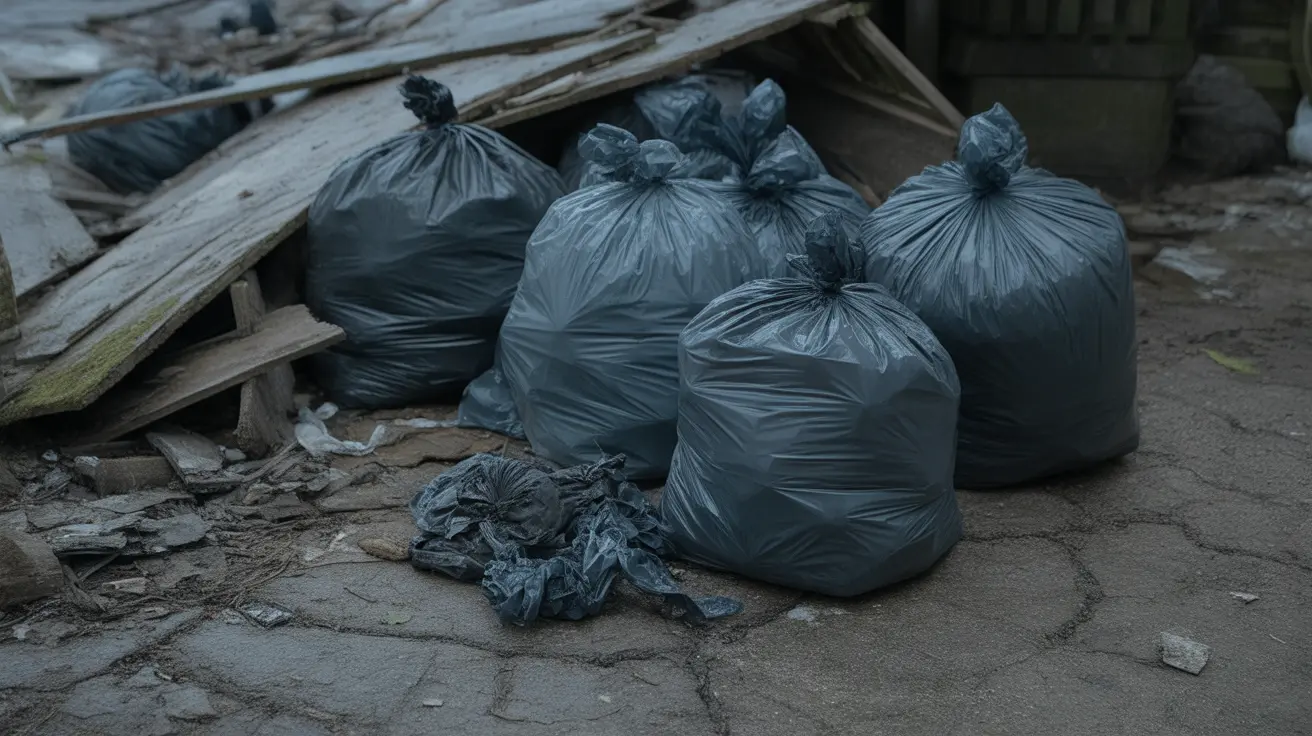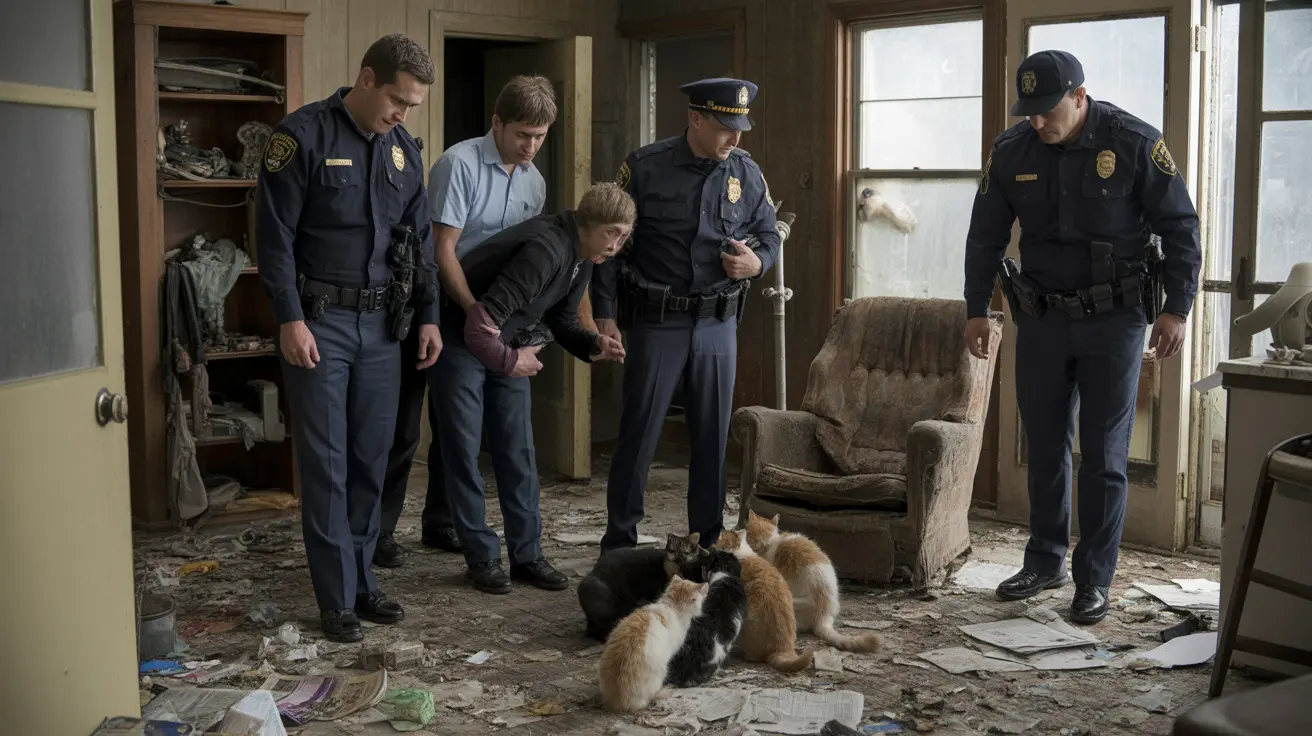If you've ever caught your dog eating feces, you're not alone. This behavior, scientifically known as coprophagia, is a surprisingly common yet concerning issue that many dog owners face. While the sight of your beloved pet consuming feces can be distressing, understanding why dogs engage in this behavior is the first step toward finding an effective solution.
Coprophagia in dogs can stem from various factors, ranging from natural instincts to underlying health issues. For some dogs, particularly mothers with puppies, this behavior serves a biological purpose. However, when adult dogs regularly engage in poop-eating, it often signals deeper issues that require attention.
This comprehensive guide will explore the causes of coprophagia, its potential health risks, and most importantly, proven strategies to stop your dog from eating poop. Whether you're dealing with a curious puppy or an adult dog with this habit, you'll find practical solutions to address this challenging behavior.
Natural vs. Problematic Poop-Eating Behavior
Understanding Normal Coprophagic Behavior
Some instances of coprophagia in dogs are considered natural and serve specific purposes in the canine world. Mother dogs typically clean up after their puppies to maintain den hygiene and protect their offspring from parasites. This behavior is deeply rooted in their wolf ancestry, where pack members would consume feces to eliminate traces that might attract predators. Puppies may also show curiosity and imitate this behavior, which often diminishes as they mature.
When Coprophagia Becomes a Problem
Persistent poop-eating in adult dogs often indicates underlying issues that require attention. If the behavior continues beyond puppyhood or appears suddenly in an older dog, it may point to psychological or physiological factors that need addressing. Common causes include:
- Nutritional deficiencies or poor diet quality: Dogs may eat feces if their diet lacks essential nutrients or if they have trouble absorbing nutrients properly. This can prompt them to seek out missing vitamins or minerals in fecal matter.
- Behavioral issues and attention-seeking: Some dogs learn that eating poop attracts their owner's attention, even if it is negative. This can reinforce the unwanted behavior, especially if the dog feels neglected or bored.
- Stress and anxiety: High-stress environments or changes in household dynamics can trigger coprophagia as a coping mechanism.
- Medical conditions affecting digestion: Gastrointestinal issues, parasites, or diseases like diabetes or Cushing's disease can disrupt normal digestion, resulting in partially undigested food in the feces and encouraging consumption.
- Response to harsh potty training methods: Dogs punished for accidents may eat their stool to hide evidence and avoid further discipline.
Health Risks Associated with Coprophagia
Dog coprophagia causes several potential health concerns that can affect both the pet and your household. Some of the main risks include:
- Parasitic infections: Dogs can contract internal parasites such as roundworms, hookworms, and whipworms by consuming feces. These can compromise their health and are sometimes transmissible to humans.
- Bacterial contamination: Ingesting feces exposes dogs to harmful bacteria like Salmonella and E. coli, which can lead to gastrointestinal distress and infections.
- Digestive system problems: Eating feces can introduce irritants to the digestive tract, resulting in vomiting, diarrhea, or other digestive complications.
- Exposure to toxins and medications: Feces from other animals may contain traces of toxins, medications, or chemicals that are unsafe for your dog.
- Risk of infectious diseases: Some viral and bacterial diseases can spread through fecal matter, posing health risks to your dog and other pets.
Effective Solutions for Stopping Coprophagia
Prevention and Management Strategies
Preventing and managing coprophagia involves a combination of environmental control, dietary improvements, and behavior modification. Implementing these strategies consistently can help break the habit:
- Immediate waste cleanup in living areas: Pick up your dog's feces promptly, especially in the yard or around your home, to eliminate temptation and opportunities for the behavior to occur.
- Consistent positive reinforcement training: Reward your dog for ignoring feces during walks or in the yard. Praising desired behaviors is more effective than punishment.
- Regular exercise and mental stimulation: Boredom is a common trigger for coprophagia. Make sure your dog receives enough physical and mental activities each day through walks, playtime, and interactive toys.
- Dietary adjustments and proper nutrition: Consult your veterinarian to ensure your dog's diet is balanced and meets their nutritional needs. A high-quality diet can help reduce the chances of nutrient-driven coprophagia.
- Environmental management and supervision: Supervise your dog outdoors, especially if they have developed a habit of eating poop. Use a leash if necessary and redirect their attention to other activities or toys.
Training Techniques and Behavioral Modification
Successfully training dogs with coprophagia requires persistence and the right techniques. Consider the following approaches for effective behavioral modification:
- Teaching strong "leave it" commands: Train your dog to respond reliably to commands that instruct them to ignore or move away from feces. Use treats and praise to reinforce this skill.
- Positive reinforcement when ignoring feces: Immediately reward your dog when they choose not to approach or eat poop, especially in tempting situations.
- Consistent supervision during walks: Keep a watchful eye on your dog, particularly in areas where feces may be present. Use short leashes in public parks if coprophagia is a concern.
- Environmental enrichment activities: Provide puzzle toys, chew items, and interactive play to keep your dog occupied, reducing their interest in stool-eating out of boredom.
- Professional training support when needed: If your efforts do not yield results, consult a certified dog trainer or behaviorist who can develop a tailored behavior modification plan.
When to Seek Professional Help
While most cases of coprophagia can be managed at home with diligence and patience, some scenarios require veterinary intervention. Consider consulting a veterinarian if:
- The behavior persists despite training and management efforts
- Your dog shows additional health symptoms such as weight loss, vomiting, or diarrhea
- There are sudden changes in your dog's eating habits or appetite
- You observe signs of nutritional deficiencies such as poor coat condition or lethargy
- The behavior is accompanied by significant anxiety, fear, or stress
A thorough veterinary assessment can help rule out underlying medical problems and guide you on adjusting your approach for lasting results.
Frequently Asked Questions
- What is coprophagia in dogs? Coprophagia is the act of a dog eating feces, either its own or that of other animals.
- Is coprophagia normal in dogs? It can be normal in puppies but is usually considered abnormal in adult dogs unless connected to specific circumstances.
- What causes coprophagia in dogs? Causes include nutritional deficiencies, behavioral issues, stress, or medical conditions. Each dog's situation may be unique, so observing associated behaviors and health changes is important.
- How can I stop my dog from eating poop? Use a combination of supervision, training, dietary adjustments, and environmental management to modify their behavior. Consistency and patience are key to success.
- Are there health risks if a dog eats feces? Yes, coprophagia can transmit parasites, bacteria, and expose dogs to toxins, all of which can lead to health problems if left unaddressed.
- Does coprophagia indicate a dietary problem? Sometimes, particularly if the dog is not getting enough essential nutrients or has absorption issues. A veterinarian can recommend dietary changes or supplements.
- Can supplements help with coprophagia? Certain supplements may help in some cases, but advice from a veterinarian is recommended to ensure the underlying cause is effectively treated.
- Is punishment effective for stopping coprophagia? Punishment is generally not effective and can worsen anxiety or behavioral issues, making the situation more difficult to resolve.
- When should I consult a vet about coprophagia? Consult a veterinarian if coprophagia persists, is accompanied by other symptoms, or if you're concerned about your dog's health and well-being.
- Are some dog breeds more prone to coprophagia? Some breeds and individual dogs may have a greater propensity for coprophagia, but environmental and social factors often play larger roles.
While coprophagia in dogs can be a challenging behavior to address, understanding its causes and implementing appropriate solutions can help break this habit. Remember that patience and consistency are key when working to modify your dog's behavior. With proper training, management, and veterinary support when needed, you can help your dog overcome this unwanted habit and maintain better health and hygiene.






